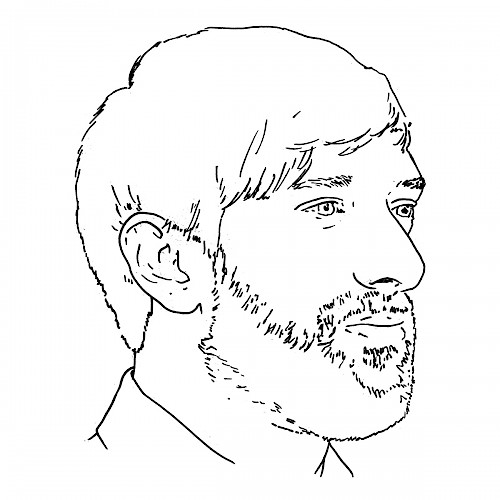64. Emotion detection with Andrew McStay
Andrew McStay is Professor of Digital Life at Bangor University, UK. His most recent book, Emotional AI: The Rise of Empathic Media, examines the impact of technologies that make use of data about affective and emotional life. Director of The Emotional AI Lab, current projects include cross-cultural social analysis of emotional AI in UK and Japan. Non-academic work includes IEEE membership (P7000/7014) and ongoing advising roles for start-ups, NGOs and policy bodies. He has also appeared and made submissions to the United Nations Office of the High Commissioner on the right to privacy in the digital age, the UK House of Lords AI Inquiry and the UK Department for Culture, Media and Sport Inquiry on emotion, news and reality media.
No transcript currently available for this episode.
Previous podcast: AI readiness with Tim El-Sheikh


